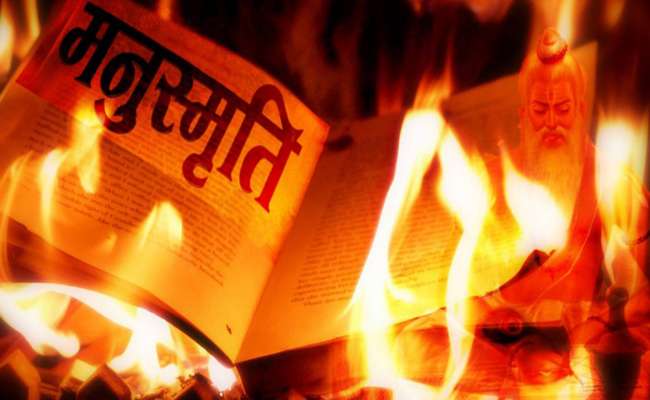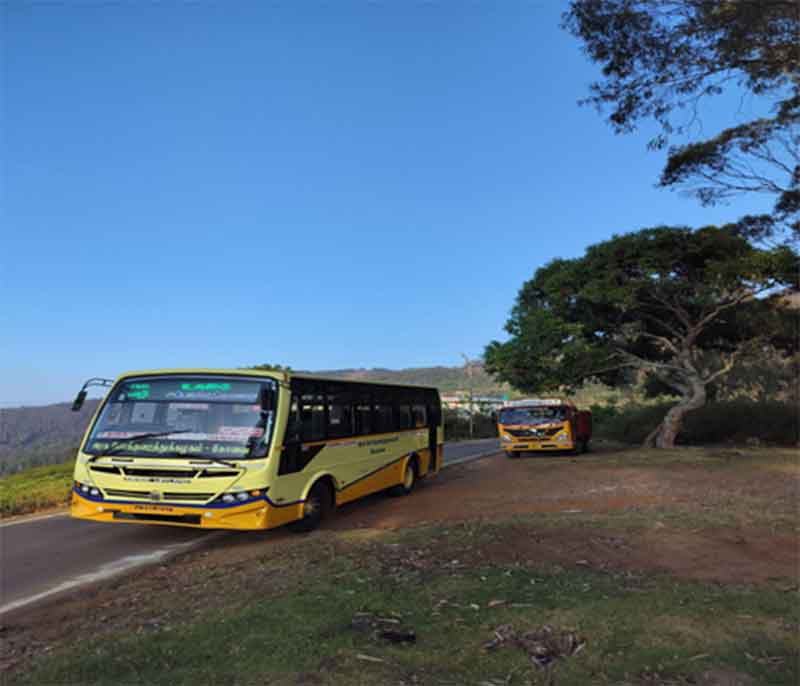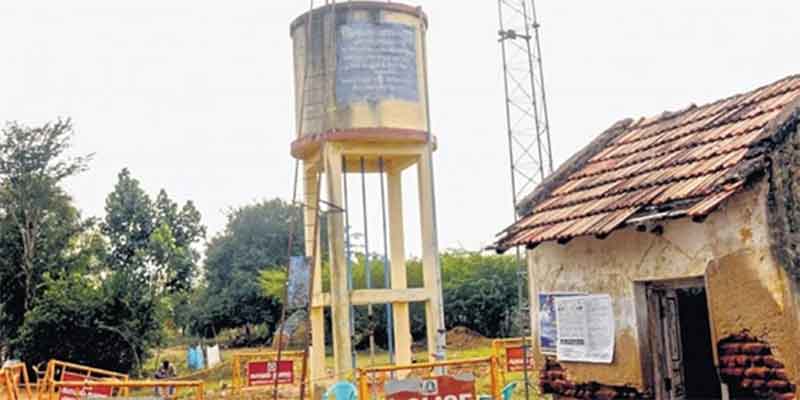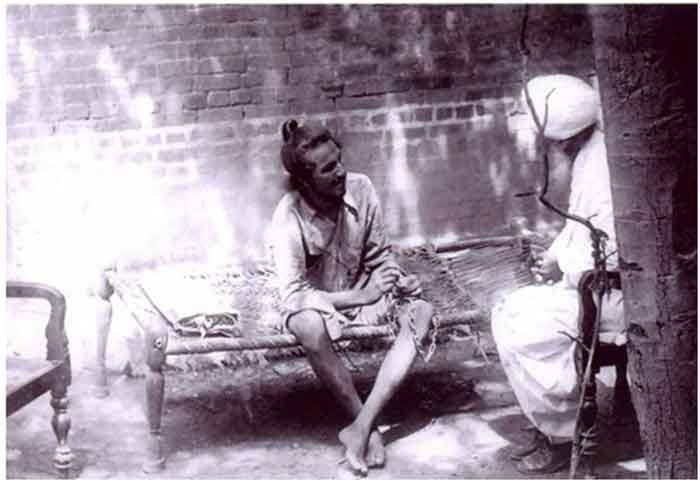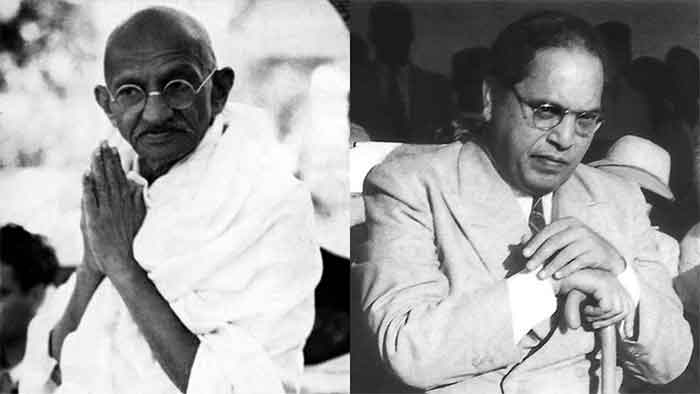
In modern democratic governance, political representation of citizens is vital to the public policy-making process. Every citizen must have the right to be represented in legislative bodies that frame policies for their citizens’ development, and distribution of power and resources. Historically, the caste system in India has denied equal citizenship to a large segment of its population, the untouchables, known as depressed classes in British India till 1936 and later identified as Scheduled castes. The former untouchables constitute 20 percent of the Hindu population and 14 percent of the total population as per the 1931 census, but they had no representation in central and provincial legislative bodies founded by the British government in 1920. Only 7 seats out of 791 in all provincial legislative council were allowed that were filled up by nomination. Dr. Ambedkar submitted a memorandum to the Southborough committee demanding a universal adult franchise and political representation of depressed classes. Political democracy is meaningless if depressed classes do not equally participate in it. I want political power for my community, that is indispensable for our survival. Caste is a political question linked to sharing of power and resources, not just social reform, but Dr Ambedkar was convincingly advocating for political power and a political solution to the issues faced by the untouchables, then known as DCs, later officially called Scheduled Castes in 1936, and now known as Dalit as a popular socio-political identity.
DCs need political power for removal of untouchability was the opinion of two members, such as Dr.Ambedkar and R. Srinivasan of the Madras Depressed Class Federation, while representing DCs in the roundtable conference of London in 1930. In a memorandum, demanded a guarantee of equal civil rights, safeguards against social prosecution, free and compulsory primary education, adequate representation in the legislature, council of ministers, public services, and a special department for DCs. Along with this, there was a demand for universal adult suffrage and, most importantly, the separate electorates. Now, what is this separate electorate? It is an arrangement to elect the DCs’ leaders to legislatures by the DCs’ voters only, without depending on caste Hindu voters.
The then British Prime Minister Ramsay McDonald proposed the communal award on August 17, 1932, to Muslims, Europeans, Indian Christians, Anglo-Indians, Sikhs, and DCs of India for their representation. Along with a separate electorate, the DCs were also awarded the right to vote and contest in the general unreserved constituencies.
“Our main objective in the case of the depressed classes has been, while securing them their spokesperson of their own in the legislatures of the provinces where they are found in large numbers at the same time, while avoiding electoral arrangements that perpetuate their segregation. Consequently, the depressed classes voters will vote in general Hindu constituencies, and an elected member in such constituencies will be influenced by their responsibilities to this section of the electorate”. – British Prime Minister(1932)
It was proposed that special DC constituencies for twenty years be framed in selected areas having a concentration of DC population. Out of the total 1,508 provincial legislatures, 71 seats were allotted to them. The move of the British Government, especially for DCs was vehemently opposed by Gandhi with apprehension of further social and political segregation of Hindu society and the possibility of increasing bitterness among caste Hindus and DCs. He was not in favor of recognizing DCs as a separate community for political purposes.
He visualized the possibilities of bloodshed, as he said, “the untouchable hooligans will make common cause with Muslim hooligans and kill caste Hindus.” Gandhi’s understanding was that the problem of the untouchables is socio-religious, and there should not be any separation of untouchables from Hindu society. His main apprehension was the separation may weaken the domination of Hindu political power. He expressed his dissatisfaction to the British Prime Minister and went on a fast to death in protest against the communal award for DCs. In order to save the life of Gandhi, the Hindu leaders such as C Rajgopalchari and Dr Rajendra Prasad, BS Moonje, and Sir Tej Bahadur Sapru and on the other side, DC leaders such as Ambedkar and PG Solanki supporting separate electorate and MC Rajah, P Baloo and B J Deorukhar supporting joint electorate met in a conference at Indian Merchants chamber Hall, Bombay on September 19, 1932.
Finally, as a solution to Gandhi’s apprehension and Ambedkar’s demand, the leaders came to a pact.
The Poona Pact, signed at 5 PM on September 24, 1932. The Poona Pact was an agreement between caste Hindus, represented by Pandit Madan Mohan Malaviya of the Hindu Mahasabha, and depressed classes (DCs), represented by Dr. Ambedkar. The pact was about the representation of DCs in the legislatures of British India. While considering the issue of political rights for DCs as citizens of this country, a debate over separate electorates or reserved seats in a joint electorate still holds relevance.
The pact recommended that all members of the DCs registered in the general electoral roll in a constituency would elect a panel of four candidates belonging to DCs for reserve seats by the method of a single vote. The four persons getting the highest number of votes in the primary election would be candidates for the election by the general electorate, and this has to be followed for both the provincial and central legislatures for ten years. Based on this, the Government of India Act 1935 made provision for 151 seats reserved for SCs in provincial legislative assemblies, 19 seats in federal assemblies, and 6 seats in the Council of States.
The election held in 1937 created an opportunity for the SCs to elect their community leaders. There were double-member or multi-member constituencies along with general unreserved seats. In the election of 1937, out of 151 SC seats, Congress contested in 139 seats and won 78 seats, while other parties and individuals contested in 137 seats and won 73 seats. There was no candidate to contest in 26 seats, out of which Congress could win 14, while the non-Congress won 12.
There was lower level of literacy and lack of political awareness among both caste Hindus and SCs, even in some constituencies caste Hindus did not cast their vote to SCs candidates. The SCs had no political parties of their own except Ambedkar’s Independent Labour Party, which captured 10 out of 15 seats in the Bombay Legislature. There was alliance of Congress and Depressed Classes League in Bihar. Ambedkar commented that the huge victory of Congress in SC seats was a result of manipulation with caste Hindu votes, splitting of SCs votes, and lack of interest of SC voters in electing their own leader.
The main two objectives of the Poona Pact were defeated in the 1937 election, as only 31 seats out of 151 were held to elect a panel of four candidates. In the remaining seats, the number of candidates in the primary election did not exceed four. There were no primary elections in Punjab, Bihar, and Odisha. In Odisha, the candidates were divided among the congress united party and Nationalist Party. The non- involvement of caste Hindus in electing SC leaders was also quite visible.
Dr. Ambedkar analyzed the election results of 1937- The congress won a majority of the SC seats but winning a minority of the SC votes. Congress won the majority of votes in 38 SC seats and won 13 seats solely with the help of caste Hindu votes, 8 seats owing to the splitting of the SC votes, and 19 seats on account of lack of interest shown by the SCs in the election for their seats.
In the election of 1945-46, there were three categories of candidates, such as candidates belonging to Congress, All India Scheduled caste Federation (SCF)who are the followers of Ambedkar and others from regional parties and independents. The Congress got more of seats than in the 1937 election. Out of 151 SCs seats, Congress won 123, and All India scheduled caste Federation got only 2, The other parties and independents won 26 seats. The primary elections were conducted only in 43 seats. Even though the Congress got a minority of the popular vote in the primary elections by exclusively SC voters, the party managed to win more SC seats because of its hold over general non-SC voters. Even though the SCF topped the poll in 13 seats, it won only two seats in the final election because it failed to get the support of non-SC voters in the constituencies.
Later, it was observed by M.C.Rajah stated that the joint electorate system of the Poona Pact, where SC leaders were elected on Congress tickets, had become political slaves and camp followers of the Congress.
However the pact raised the issue of representation to a different level, and SCs emerged as a formidable political force. Gandhi, with all seriousness, had formed the Harijan Sevak Sangh and Harijan Fund with GD Birla as the president and Amritlal V Thakkar as the general secretary. It started its mouthpiece “Harijan” and organized Harijan Padajatra. The representation of SCs followed in the viceroy’s executive council and Constituent Assembly. Dr. Ambedkar, Jagajiban Ram, and Jogendra Nath Mandal became members of the council, and 31 SC members got a place in the Constituent Assembly, mostly nominated by Congress.
The pact nonetheless paved the way for a joint electorate with reserve seats, which has been in practice now, and accordingly, 131 seats in Parliament and 1,169 seats in Assemblies are reserved. But still, the dispute is going on. Who decides the candidates for elections in reserved seats? Are the SCs electing the leaders of their own choice to make them accountable towards their community, or are they forced to vote for candidates decided by caste Hindu political parties? During the last 93 years of Poona Pact, political literacy has increased as well as socioeconomic development, but caste issues still remain unresolved. In spite of the presence of SC MPs and MLAs, they are not able to effectively intervene on the issues of SCs. Rather, they are more defending the interests of the political parties they belong to. The development of SCs lags behind in comparison to other social groups. The constitutional provisions, policies, protective legislation and schemes remain largely unimplemented. The role of elected leaders of SCs is far from satisfactory. How to go about it. What is the way out to make our political participation/representation more meaningful to the context in ensuring justice and development of SCs.
- SCs are still a minority in any given constituency as they are not concentrated in specific areas and are also divided into sub-castes.
- Political parties have largely refrained from giving tickets to SCs in unreserved seats.
- SC representatives have to compromise and keep the dominant upper caste happy while facing the difficulties of working genuinely for SCs when it comes to intervening in issues of caste-based atrocities and development work for SCs in multi-caste villages.
- SC leaders are dependent on party vote banks and financial resources to contest elections.
- The co-opting process of SCs by ruling parties, before and after independence, systematically going on not in the line of annihilation of caste but to maintain the caste system.
What are the alternatives? We must look back to learn from our own experiences and look at electoral systems in South Asia such as Nepal and around the world. Can Proportional Representation(PR) be an alternative to joint electorate with a reserve seat in the present FPTP system or separate electorate still stands valid.
Manas Jena, Socio-political activist, writer and columnist who can be reached at [email protected] 9437060797


